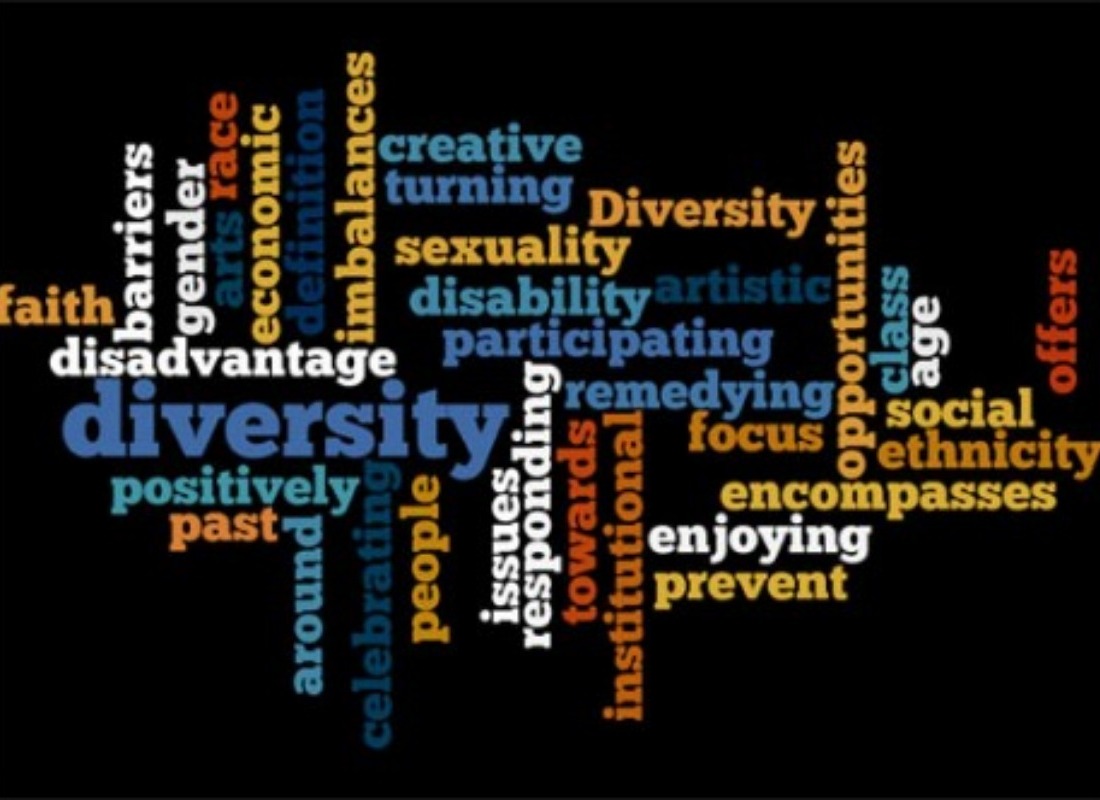
On a wintry December day in Birmingham, YPIA director Katya Kazakevich attended the Arts Council panel discussion on Diversity and the Creative Case. A morning filled with interesting facts and opinions, here's a summary of what was discussed:
The keynote speech was delivered by Sir Peter Bazalgette, Chair of Arts Council England. He spoke about the need for a fundamental shift in diversity: the concept needs to become mainstream to all arts organisations, and progress in the field will not be abandoned to a small group of select establishments. 2015 is a year on from the initial proposal: changing minds is not a quick fix, and the Arts Council would like to see genuine sustainable progress. Darren Henley has said that "talent is everywhere - opportunity is not." Social barriers must also be broken down (whether it be class or geography). Public funding should be invested for the benefit of all the public and draw on all the talents.
By 2018, the Arts Council have committed to increasing lottery funding by 5% in the regions. There is now an “Ambition for Excellence" fund (a 3-year £35 million fund). There are areas of need outside of London – this will be a significant step in reaching more communities. Libraries are spaces which can aid for education, research, business and moral well-being. Therein lies a diverse user base, supported by a recent national roll-out of wifi (which in turn increases public access). The Arts Council understand the critical importance of arts education, and are going to places where provision is most stretched. The Cultural Education Challenge (a national network of educational partnerships) is helping marginalised communities: more children and young people can now enjoy arts education. The creative shaping process will make for a richer nation: diversity means we can find new audiences and significantly increase income streams. For example, the Bradford Literature Festival raised £250,000 and the Bookfest touring project garnered £30,000 from private sources.
There has been an increase in the workforce of National Portfolio Organisations in terms of BME and deaf representation (13% rising to 13.7%) which totals 576 more jobs. BME representation at manager level is now above 10%. There was £50,000 worth more support for disabled applicants in Grants for the Arts; in the 2014/15 year, 11.2% of awards went to BME applicants. Seven theatres received £2.3 million funding for work by, for and with disabled audiences and performers.
New guidelines have been offered to organisations looking to increase diversity in their workforce, including help with writing job descriptions. Obligatory equality training has been introduced within the Arts Council itself: we need better data and the Arts Council will be publishing this. All NPOs will be implementing the Creative Case
Over the next 5 months,the Arts Council will roll out 4 funds worth £8.5 million to advance diversity:
-- “Elevate†– £2.1 million to develop diverse organisations who are future contenders for NPO status
-- “Unlimited†– £1.8 million to continue supporting the deaf community and BSL work
-- “Sustained Theatre†– £2 million to support the disabled community and access work
-- “Change Makers “– £2.6 million to address the lack of diversity in arts leadership
These funds stand in addition to other programmes, and will reinvigorate work in cultural education.
It was now time for the Panel to come onstage. This consisted of chair Brenda Emmanus (Art, Culture and Entertainment Correspondent, BBC News London), Hadrian Garrard (Director, Create London), Ruth Gould (Artistic Director, DaDaFest), Sarah Holmes (Chief Executive, New Wolsey Theatre), Indhu Rubasingham (Artistic Director, Tricycle Theatre) and Jonathan Watkins (Director, Ikon Gallery).
Brenda Emmanus started off by talking about how the arts have shaped our communities, but how exposure to the arts is a real challenge: a collective responsibility and a call to action is badly needed. She called on Jonathan Watkins to speak a little about Ikon Gallery, an internationally renowned art gallery in Birmingham which hosts contemporary art in the context of debate and participation. It is deemed to be a flagship in the Midlands for visual arts, and an alternative to existing institutions in Birmingham, which is one of the most culturally diverse cities in the world. The gallery currently exhibits artists from countries including Kurdistan, Iraq and Estonia. It values the exploration of unknown cultural landscapes: art is arguably the most important vehicle for this, as a form of communication. The gallery's activities pursue diversity through the following channels: a) offsite activity, aiming to encourage people from many backgrounds to be exposed to their art; b) working with families through frequent weekend workshops on themes and issues arising out of the exhibitions; and c) free access six days a week, which inevitably encourages greater diversity. One experiences an art exhibition very differently to other art forms: you can talk, you don’t necessarily need an order in which to see an exhibition and you can choose not to view certain elements of it. Museums and galleries in cities make the cities themselves far more attractive – both quality of life and tourism are significantly increased.
Sarah Holmes was called upon to speak about The New Wolsey Theatre. It is both a sole producer and a collaborator with other companies, with a reputation for musical work. The theatre had a play with BME around 10 years ago, but the process was never embedded: using black artists didn’t make a huge difference to the functioning of the organisation, and they weren’t engaging enough people with the project. The theatre’s “Ramps on the Moon" project (in three theatre hubs around the country) is going to create some extraordinary plays in 2016, with a high proportion of deaf and disabled cast & creative team members.
Hadrian Garrard stepped forward to talk about Create London, which has recently become a new NPO and just completed a season called “Panic: what happened to social mobility in the arts?†in partnership with LSE, Goldsmiths, the British Art Show and Barbican amongst others. HG stressed the need for data – there needs to be a wider conversation between artists, academics and business people.The question is “What is the reduction of arts education in schools going to look like in 10 years’ time� A survey was undertaken to answer this, and galleries, libraries, performing arts venues and music organisations were the main respondents. The arts is a precarious arena to work in: white people don’t always acknowledge the challenges faced by BME creatives. Nearly 90% of respondents expected to work for free at some point in their career: it's extremely hard for those whose parents weren’t supportive of their pursuit of an arts career to get into the industry in the first place. Create London are trying to encourage arts employers to employ local young people as much as is possible.
Next, Indhu Rubasingham was asked to talk about her career in the theatre. She stated that she was often reluctant to discuss diversity, wanting to talk as an artist first and foremost, not as a diverse representative. Having studied Drama at Hull pre-university fees, she then received an Arts Council bursary to study at a theatre. Her first impression of the industry was shock – everything was related back to her ethnicity and she was strongly advised to start her own Asian theatre company. During her career, she had mentoring from other artistic directors, including Sir Nicholas Hytner and Dominic Dromgoole. She went on a Clore short course where a session on mission statements strongly informed her changes to the Tricycle Theatre’s mission statement. IR feels that the whole ecology of the industry needs to change. There is still a definite lack of interest from the press when anything is BME-focused, for example – she feels there is a direct correlation in the national press’s interest and the race content of a play: they don’t feel a responsibility to encourage diversity. We need to engage in true diversity with no fear of judgement: organisations shouldn’t be scared by a fear of political correctness. It is important to counter conscious bias, otherwise there is a risk of being monocultural and irrelevant. Education, arts and media have a responsibility to nurture and support talent everywhere.Ruth Gould was the last panel member to speak. She argued that we must take a collaborative approach to diversifying the makeup of the industry. There needs to be a rounded, truthful portrayal of diversity, which will in turn have much more of an impact. It's still a work in progress – there is distrust from marginalised communities, which needs to be remedied, and there's still an overarching misunderstanding of BME/BSL, where the“result†is often seen as poor quality work, alienating and polarising audiences.
Then there were some questions from the floor, highlights of which were:
Question: A spokesperson from Equity voiced two concerns: a) incidental casting (where background is irrelevant) and b) “access to work cutsâ€. Sarah Holmes replied that havingmainstream organisations taking this battle on will help the cause. There are definitely movements in the direction of picking the best person for the particular part never mind their race, gender or disability.
Question: "Imagine #creativecase is hugely successful – paint the picture of the ideal future." Ruth Gould responded that it would be a utopia of people evaluated on talent and skills alone. Currently many people don’t know how to react to disability issues. Change obviously needs to go beyond the “3-year programme.â€
Question: An independent producer raised a concern that there is no specific time frame for changes to occur. Peter Bazalgette appealed to the audience to be realistic and that we need to make a sustained effort to establish real change - it won't be a quick fix. The Arts Council is committing itself to the cause and revealing statistics. Hadrian Garrard posited that he would like a conversation about socio-economic and ethnic diversit
The closing statement was delivered by Abid Hussain, Director of Diversity at Arts Council England. He spoke about artists being shaped by the multiplicity of their identities, and that arts practitioners have a moral responsibility to the public to reflect diversity within their audiences. Art and culture can give people a voice: we only realise the importance of that voice when we are silenced. The Arts Council data report on Equality, Diversity and the Cr
More information on the Creative Case for Diversity can be found here: http://www.creativecase.org.uk/
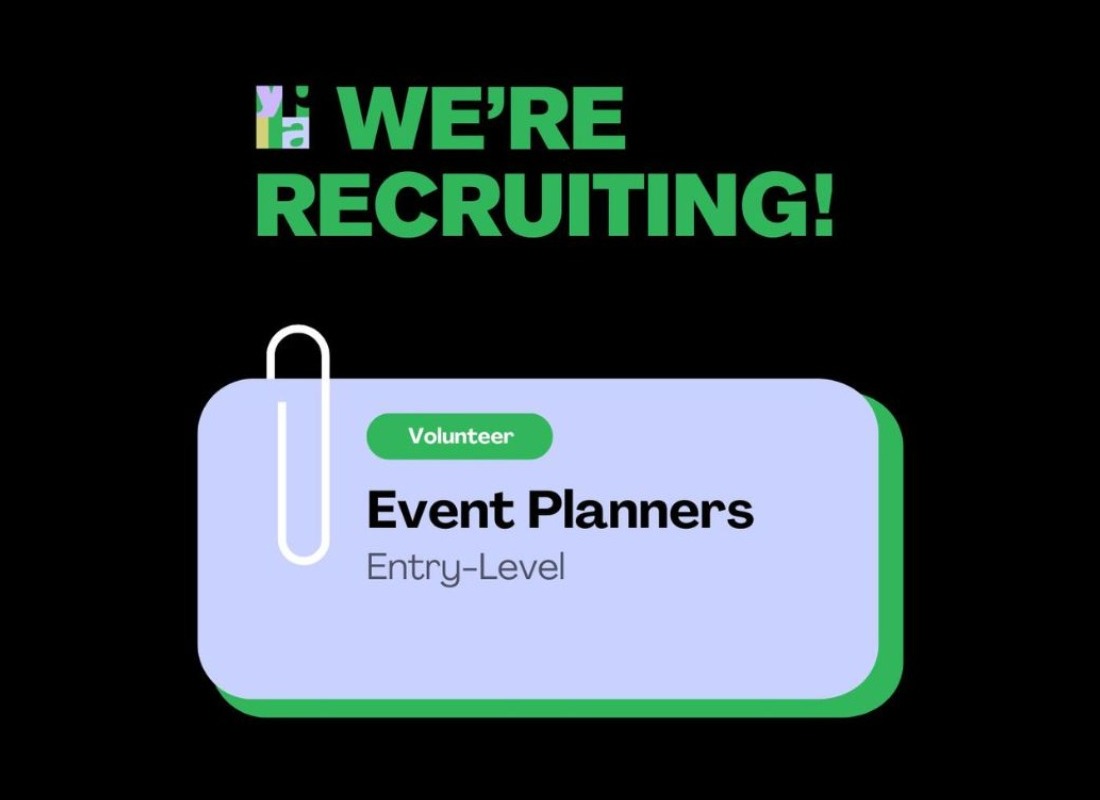
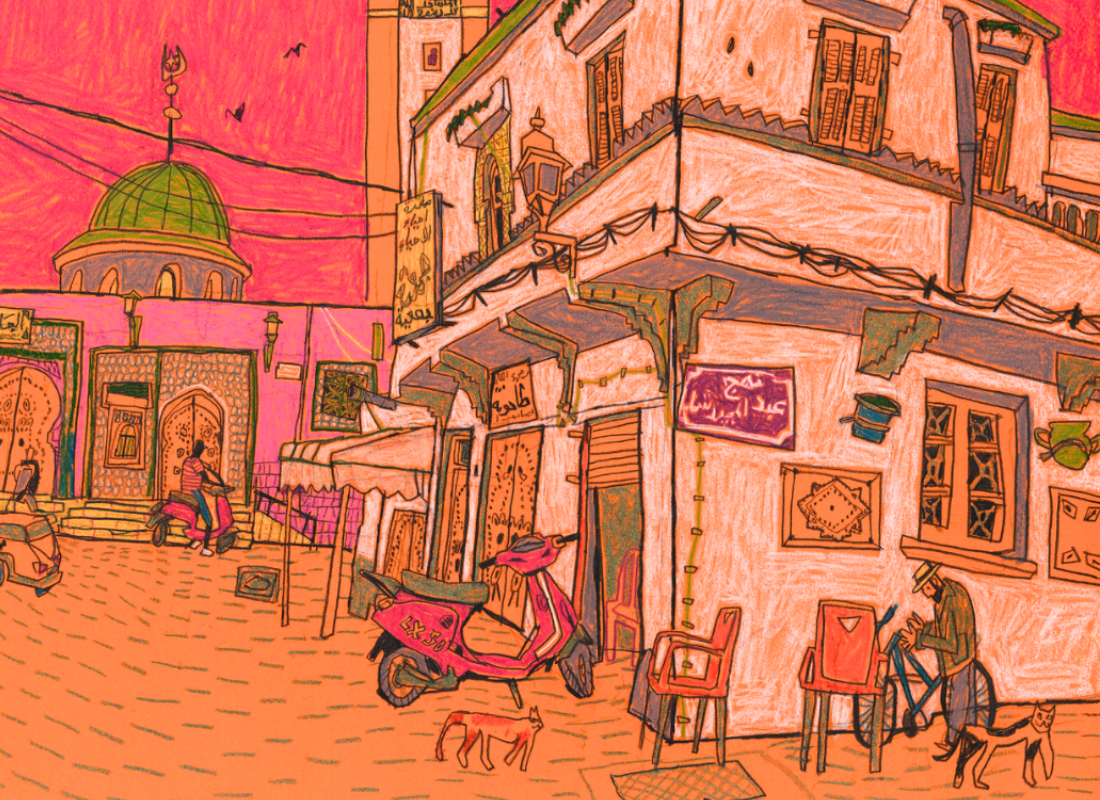
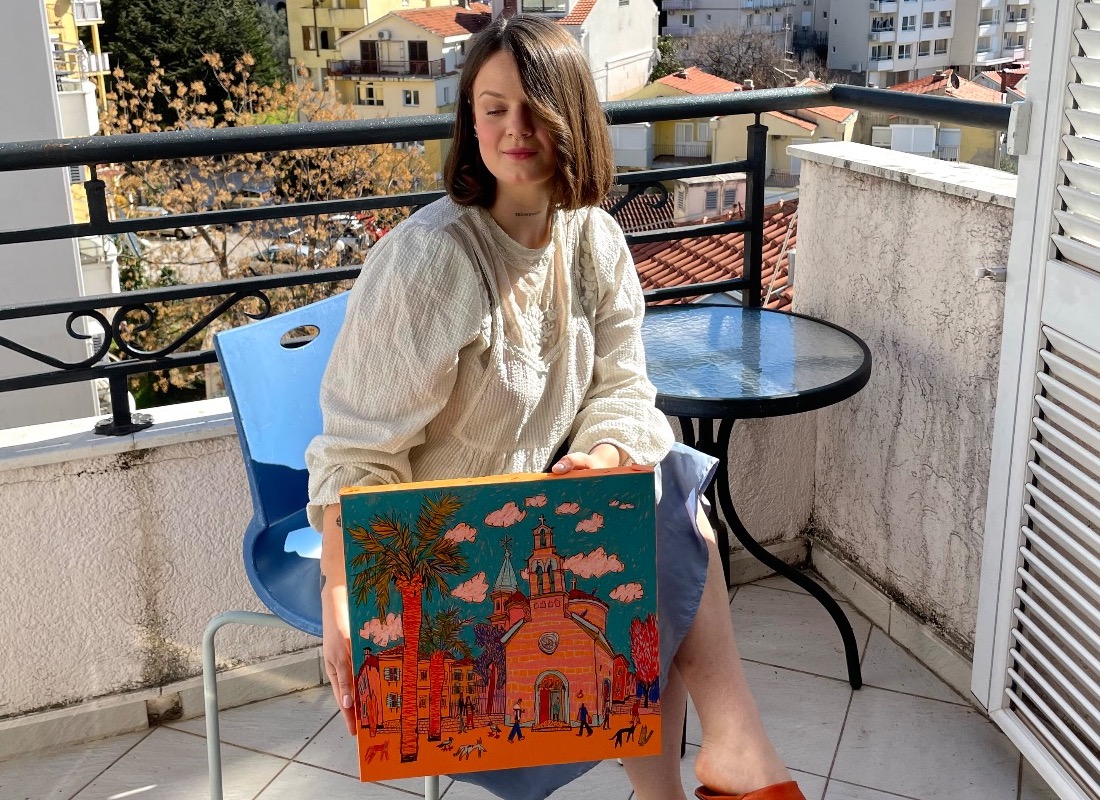
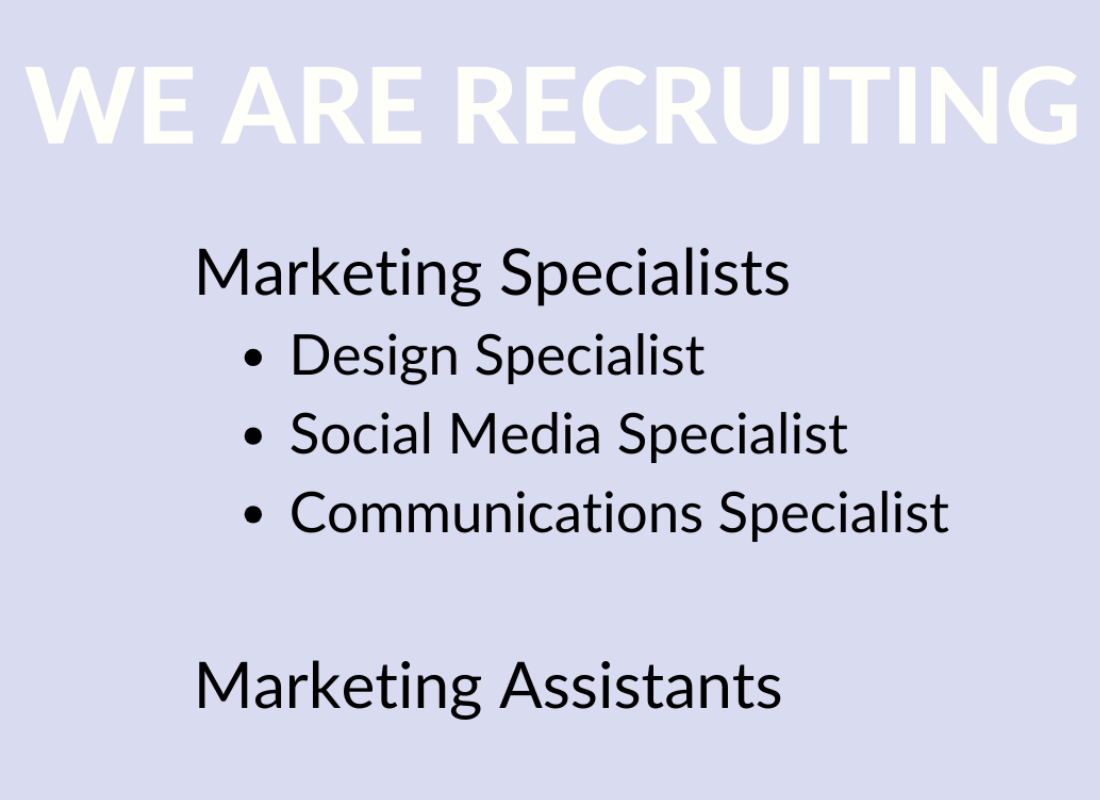
.0af71f.jpg)
.ec8cc4.png)